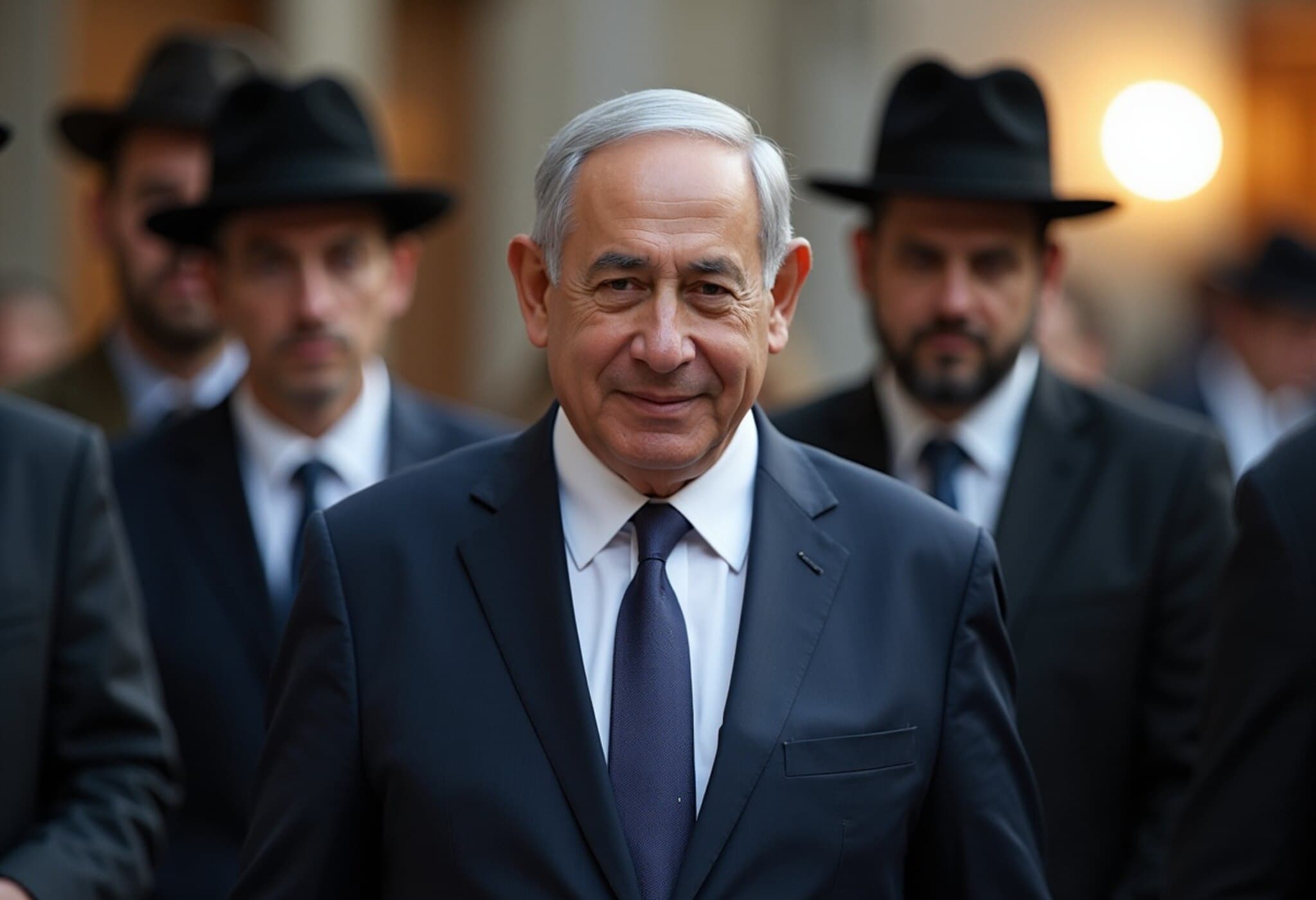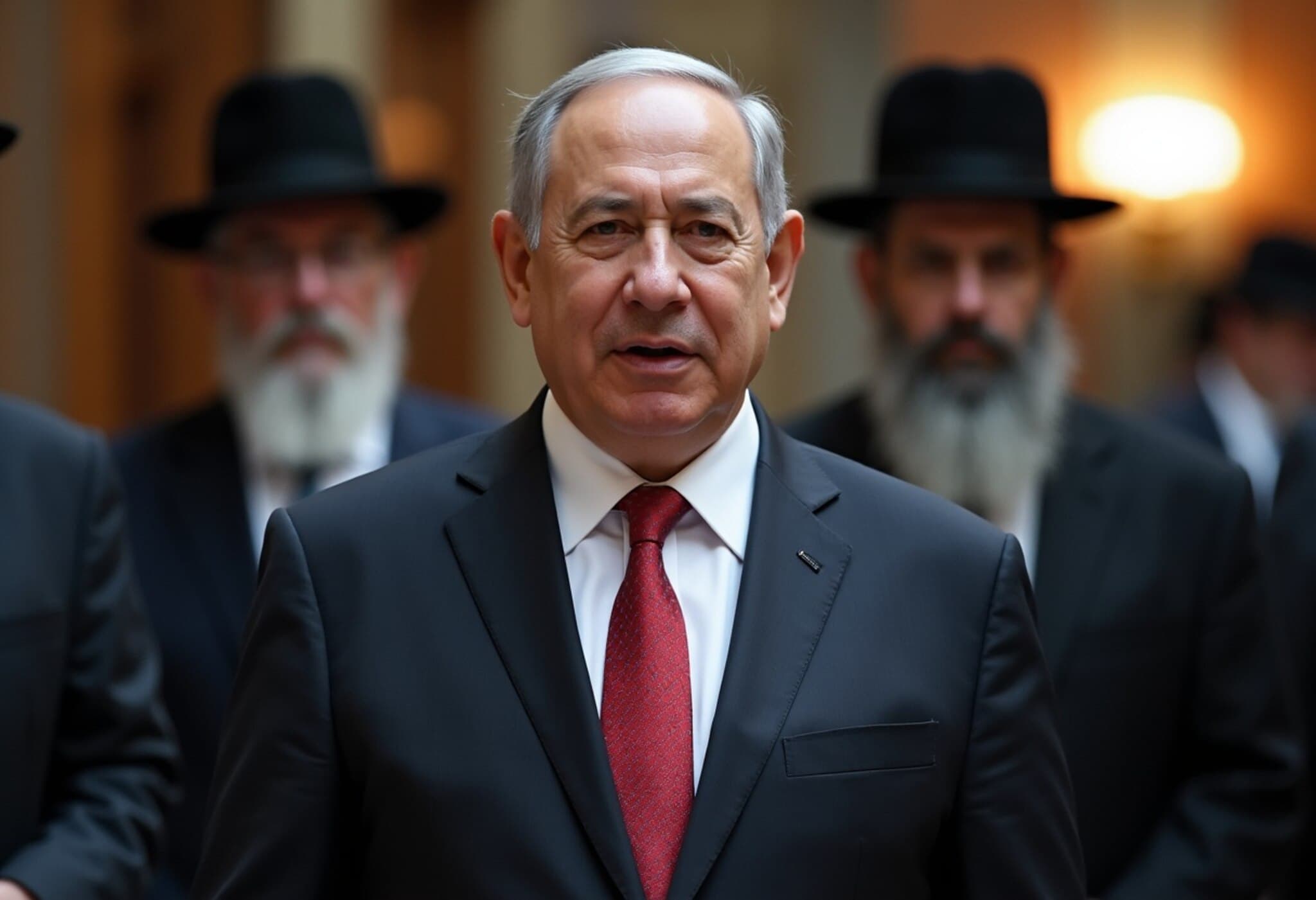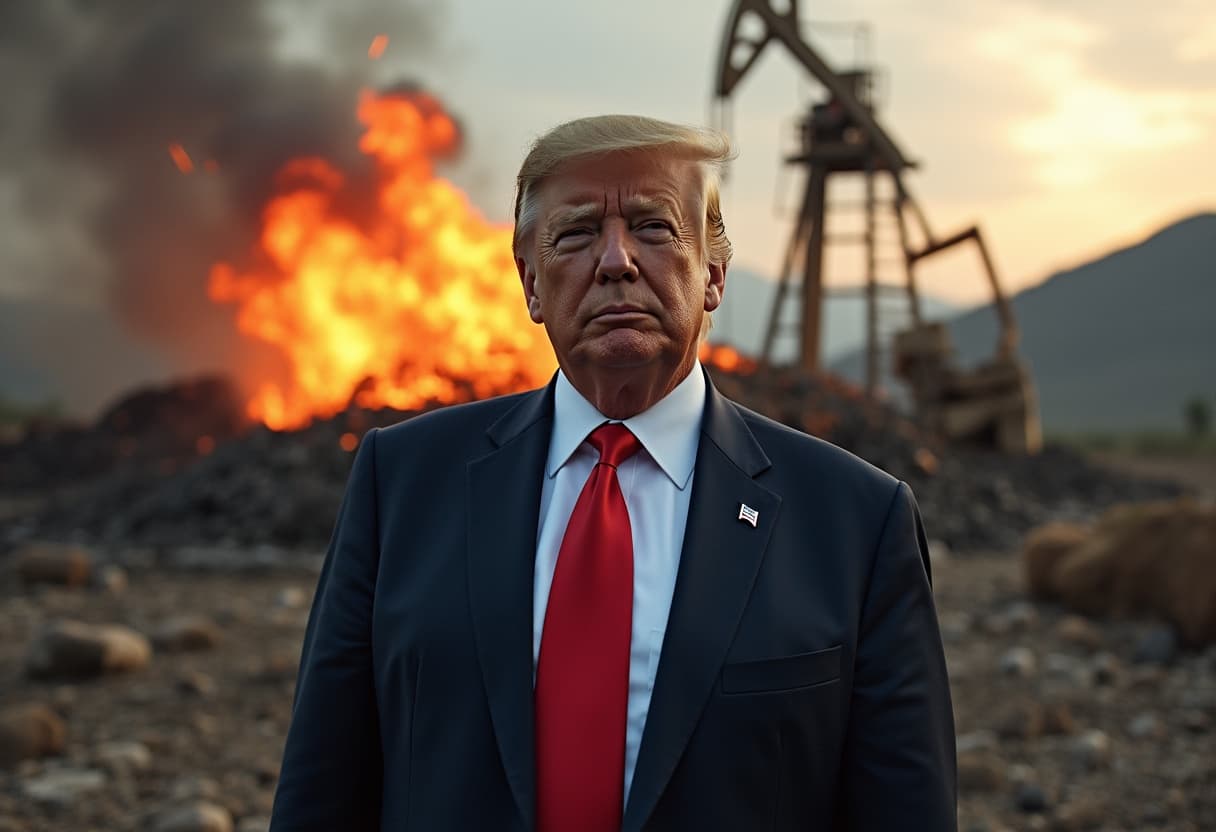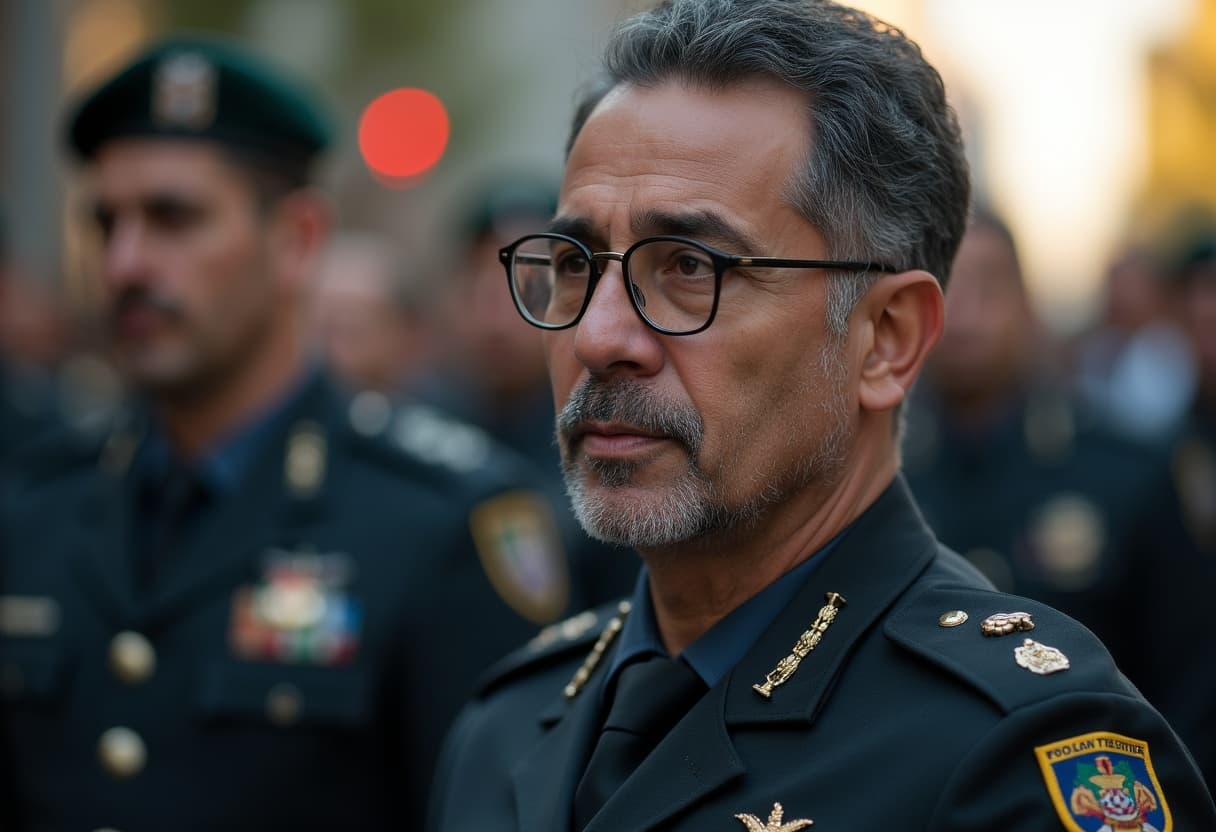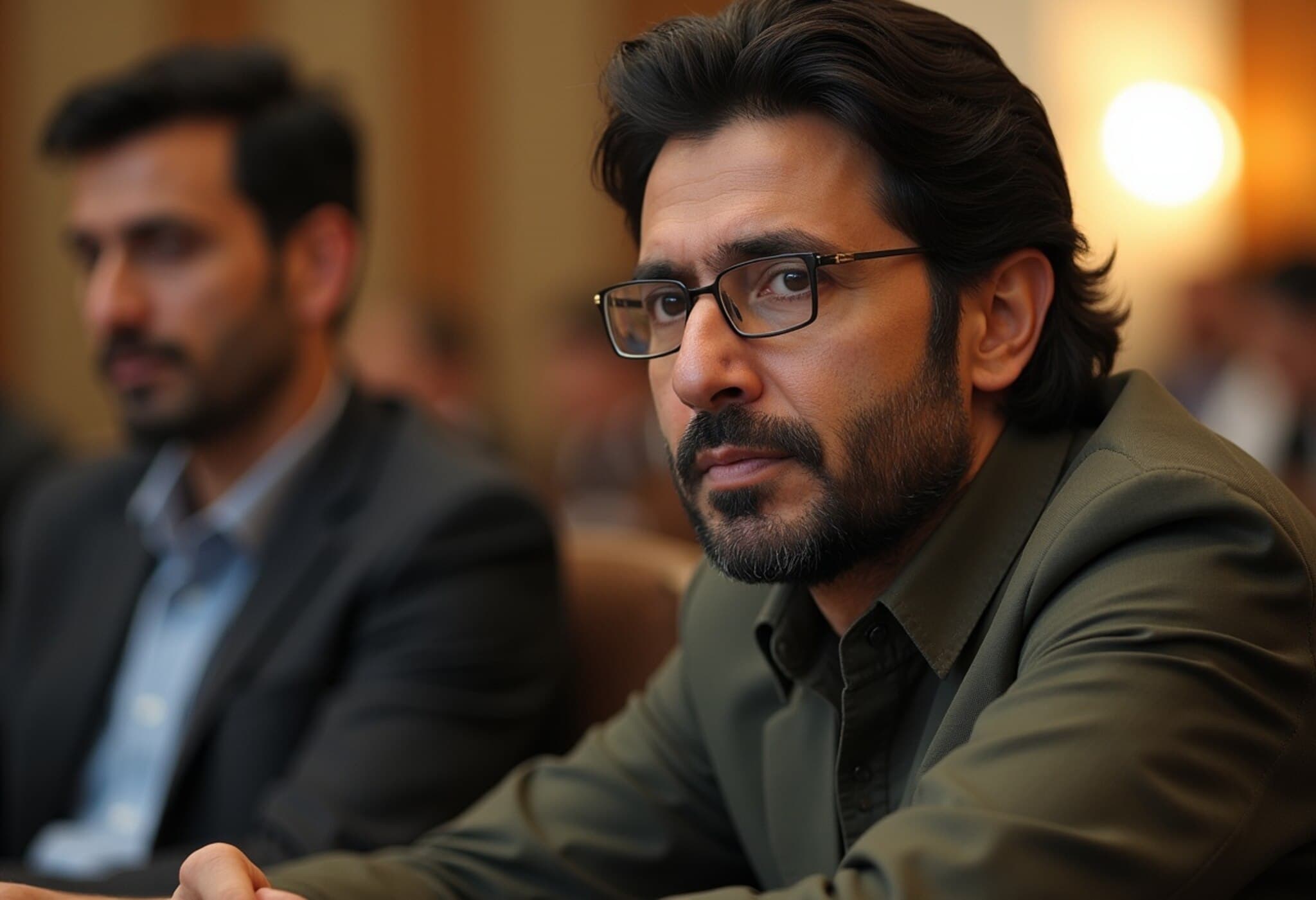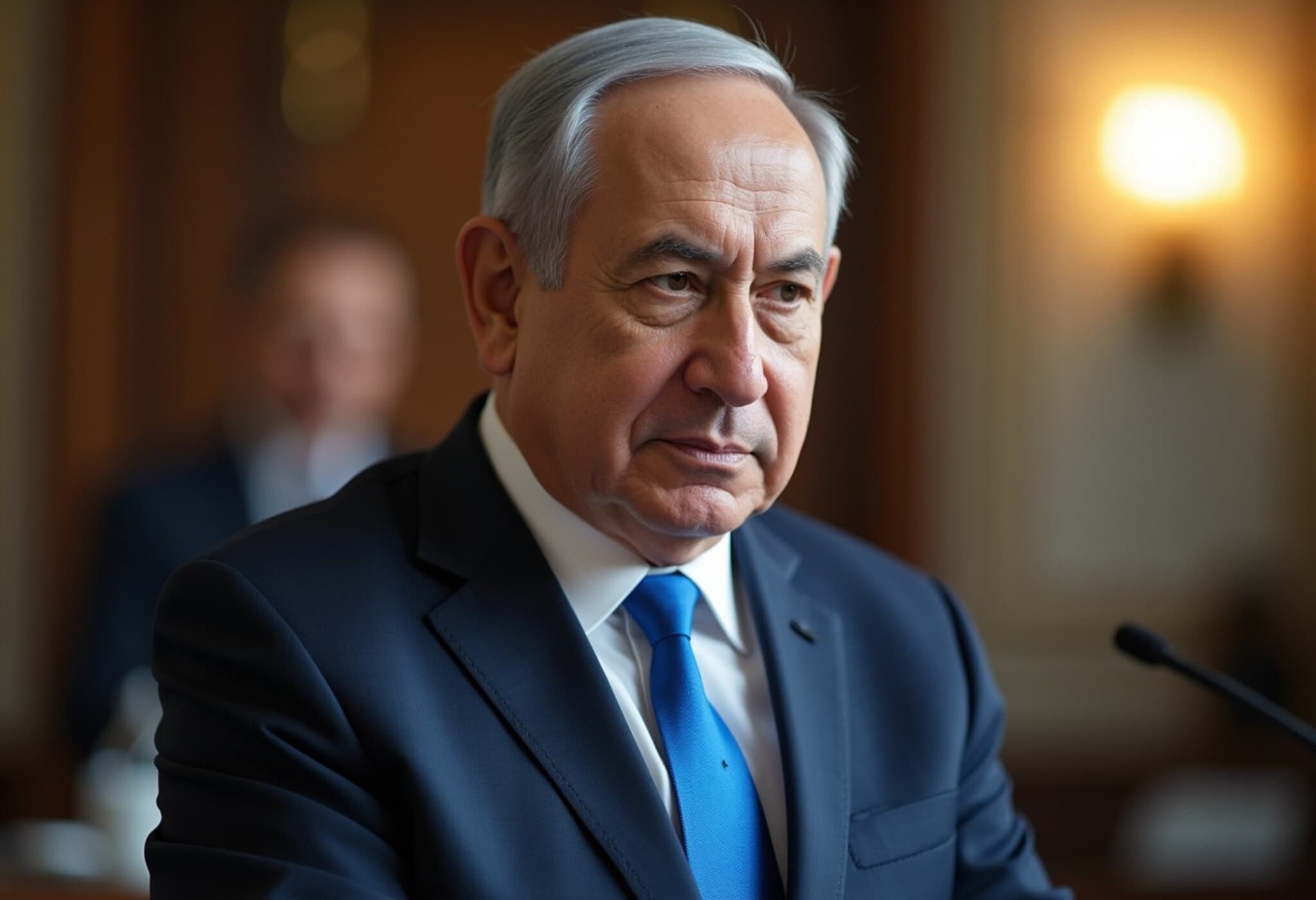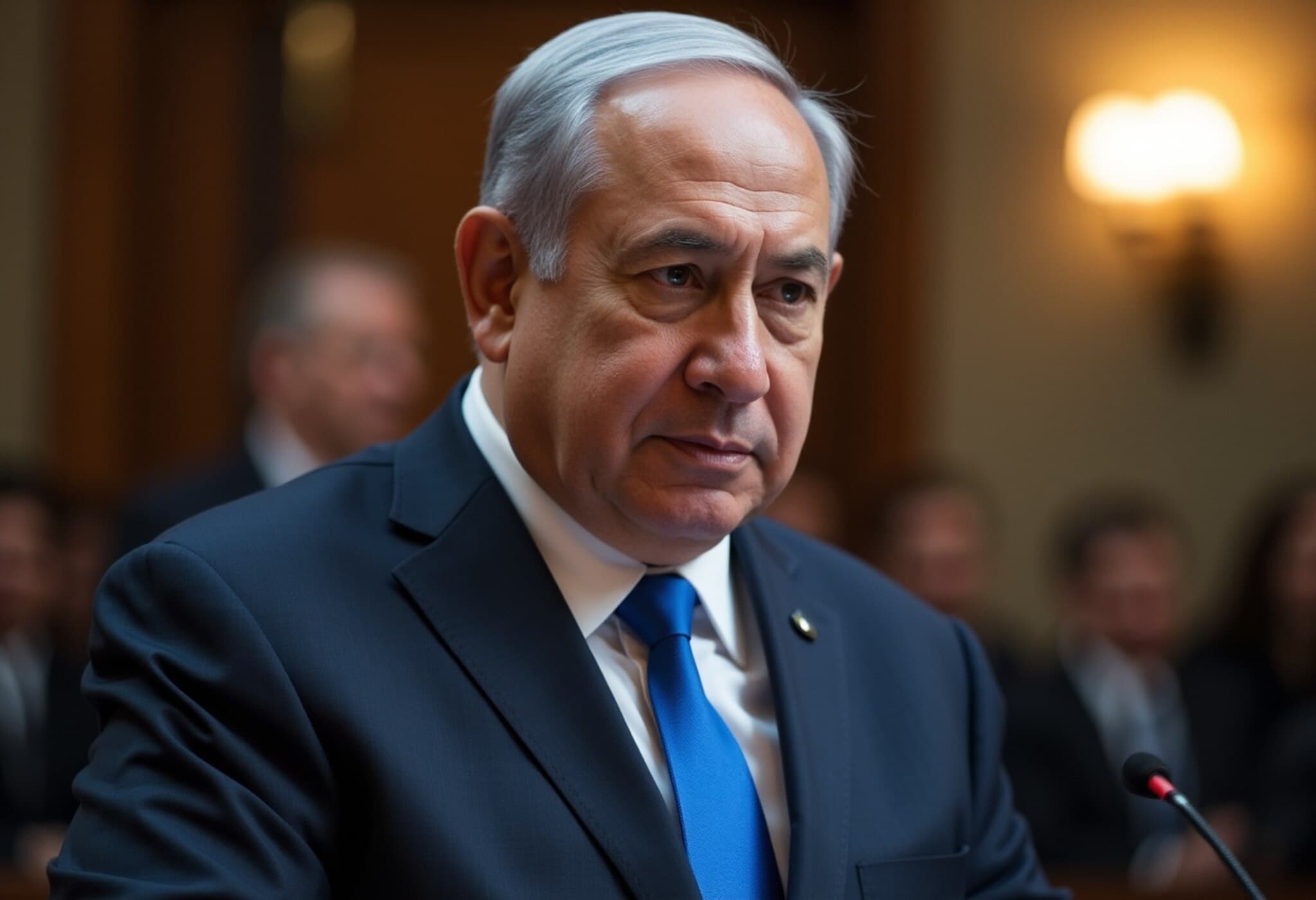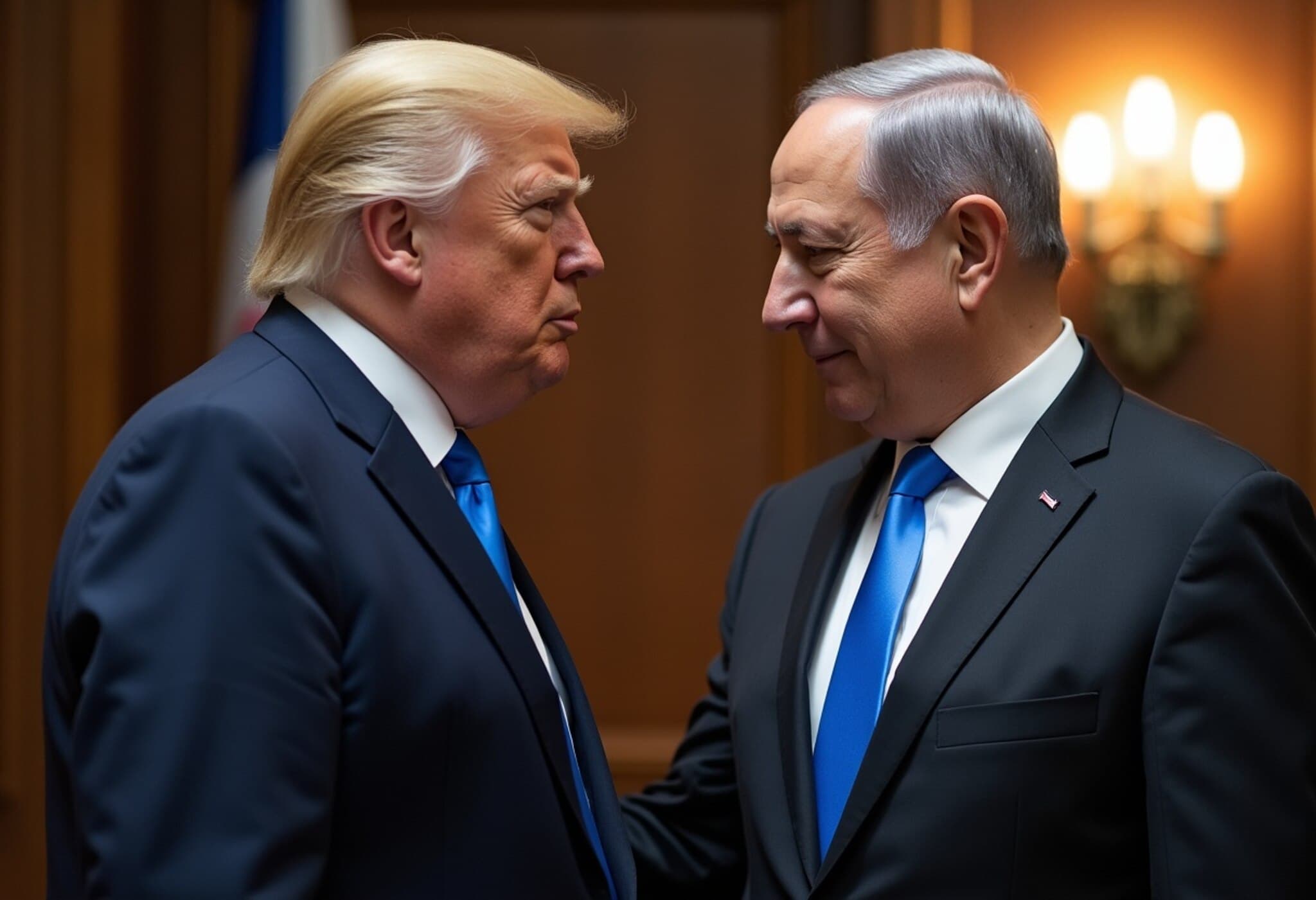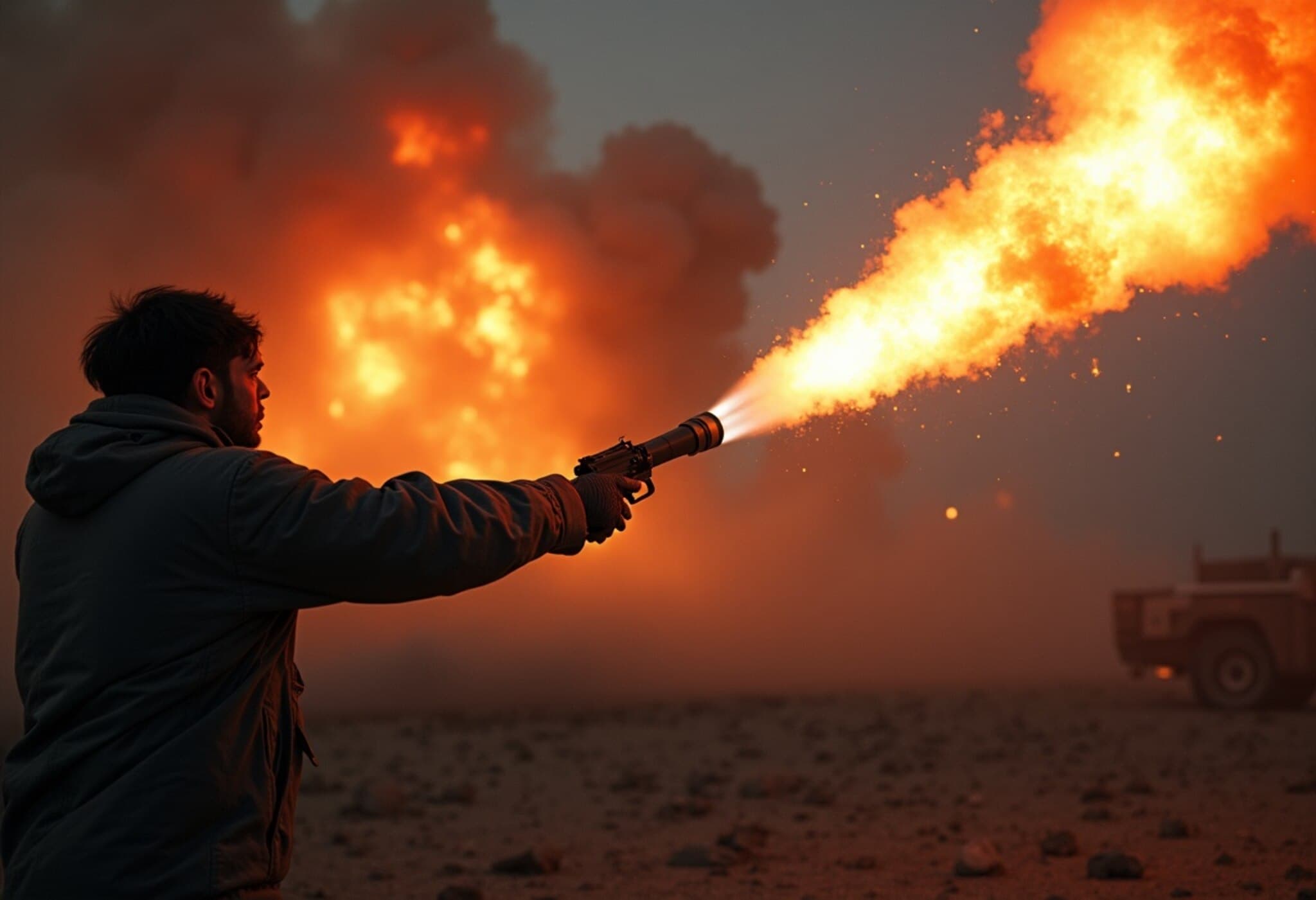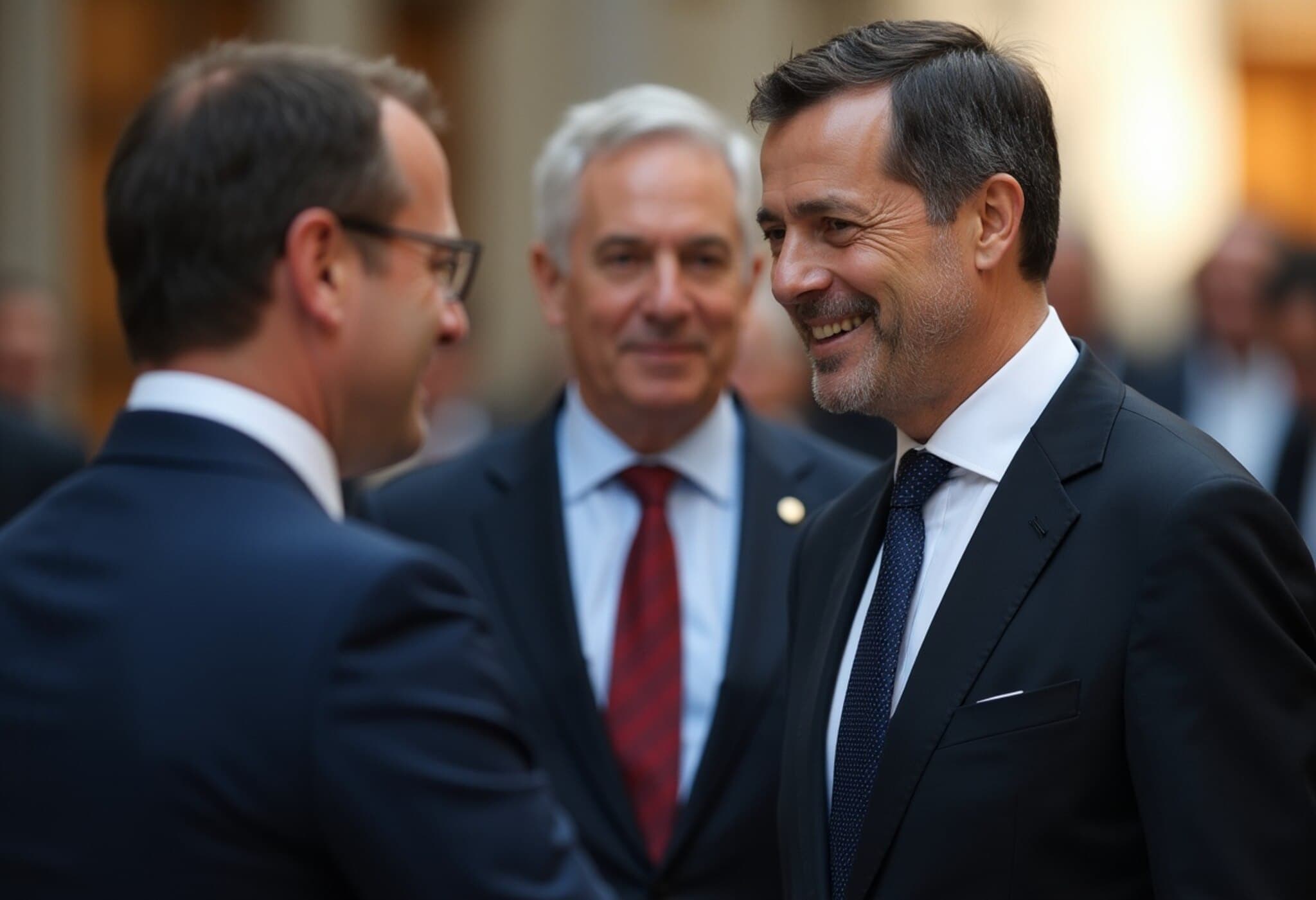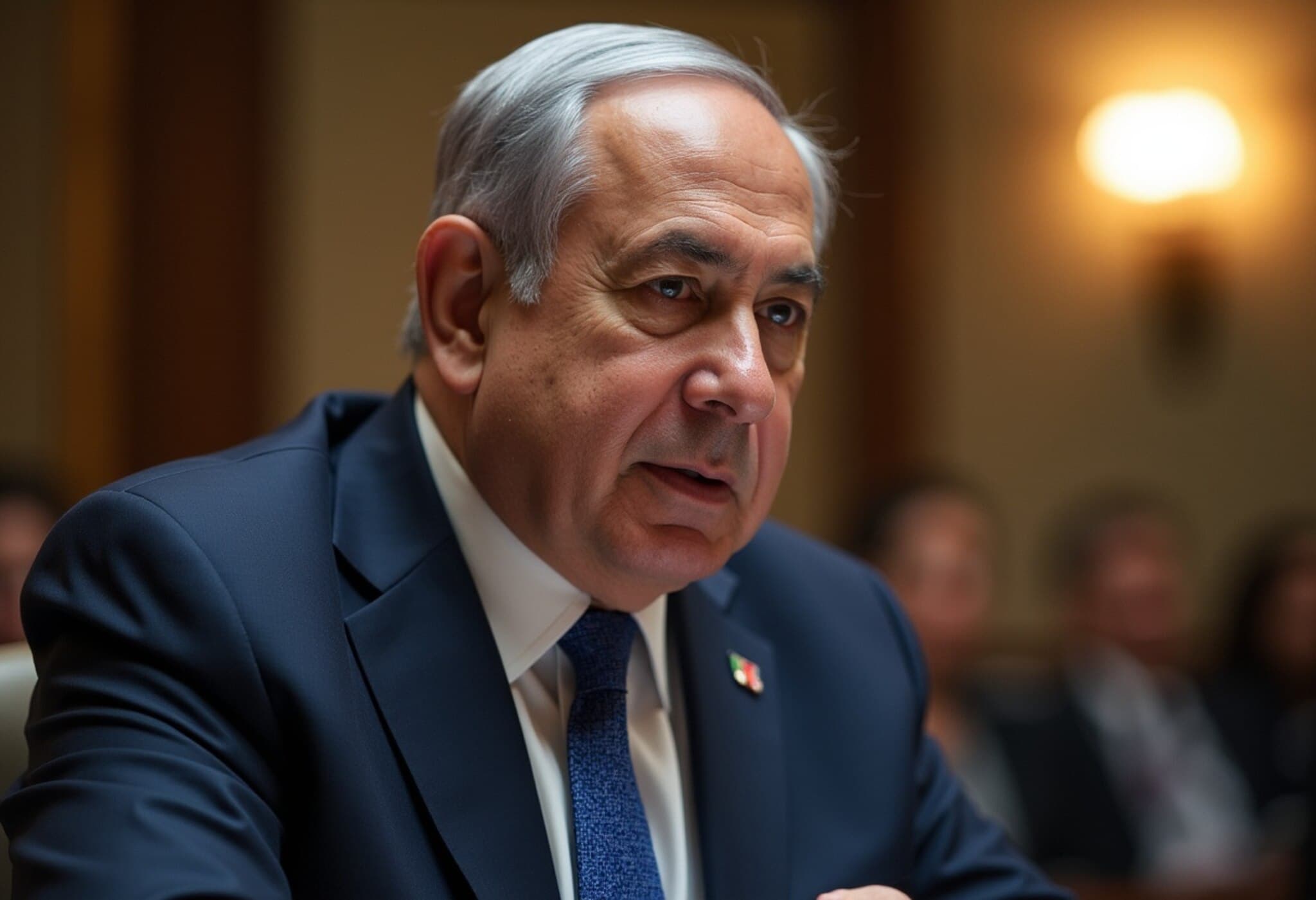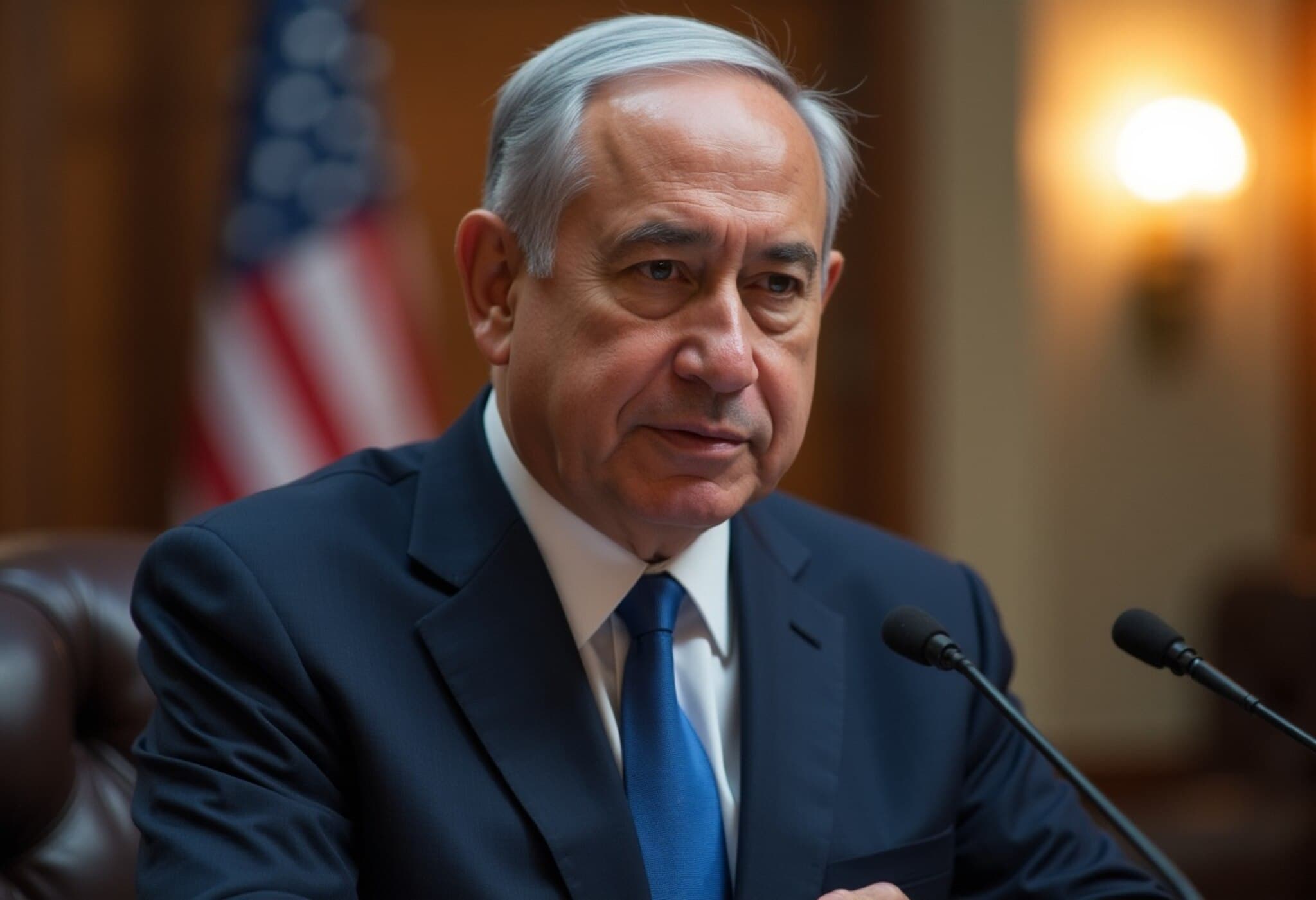Netanyahu’s Coalition Loses Majority Amid Ultra-Orthodox Rift
In a significant political upheaval, Israeli Prime Minister Benjamin Netanyahu’s coalition government lost its parliamentary majority on Wednesday after the ultra-Orthodox Shas party announced its departure. This move signals a deepening fracture within the ruling alliance, igniting questions over the country’s legislative stability and its approach to sensitive societal issues.
Shas Exits Over Military Draft Contention
The Shas party cited profound disagreements with proposed legislation that aims to restrict exemptions from military service granted to ultra-Orthodox yeshiva students. Since Israel’s establishment, these broad exemptions have been a hallmark of religious accommodation, but rising societal calls for equity and national solidarity have put this practice under intense scrutiny.
Shas vehemently opposes any curtailment of these exemptions, perceiving the bill as an infringement on religious rights and the community’s traditional privileges. Their exit follows the earlier departure of another key ultra-Orthodox player, United Torah Judaism (UTJ), which left the coalition earlier this week over the same military draft dispute.
Political Implications: Minority Rule and Legislative Challenges
With both ultra-Orthodox factions now sidelined, Netanyahu’s ruling coalition is reduced to a vulnerable minority government, complicating its ability to pass reforms and maintain internal cohesion. The prime minister must now navigate lawmaking with diminished parliamentary support, relying heavily on far-right allies who have their own agendas and often resist compromise.
While Shas insists it does not seek to destabilize the government entirely and may still support select bills, its formal withdrawal diminishes Netanyahu’s room for maneuver. This political realignment underscores the delicate balance between religious interests, national policy demands, and political survival.
Contextual Ramifications Amid Gaza Ceasefire Talks
This internal political turmoil unfolds as Israel engages in U.S.-mediated ceasefire negotiations with Hamas amid ongoing conflict in Gaza. Although the coalition reshuffle does not directly halt these talks, it inevitably influences Israel’s negotiating posture. Netanyahu now faces increased pressure from far-right elements opposed to any arrangement that might allow Hamas to maintain operational authority, reducing his flexibility on the international stage.
Expert Analysis: A Test of Israeli Democracy and Social Cohesion
Political analysts suggest this coalition crisis highlights a broader societal fault line in Israel. The military draft debate transcends policy, touching on issues of religious freedom, equality, and national identity. The ultra-Orthodox community’s historic exemptions have been increasingly perceived by many Israelis as a source of societal division and resentment.
Moreover, the coalition’s fragility reflects the challenges Netanyahu faces in balancing the demands of diverse and often competing factions within Israeli politics. As the nation grapples with serious security concerns and social transformation, the stability — and legitimacy — of its government hangs in the balance.
Looking Ahead: What This Means for Israel’s Political Landscape
- Legislative Gridlock: Netanyahu’s minority status may slow or stall critical reforms, potentially undermining governance effectiveness.
- Electoral Uncertainty: Continued instability could force early elections or redraw political alliances ahead of the next scheduled vote.
- Societal Debate Intensifies: The military draft issue remains a flashpoint around religious accommodation and civic duty, stirring widespread public discourse.
- Negotiation Constraints: Israel’s foreign policy and peace negotiations might suffer as hardline elements gain influence.
Editor’s Note
The departure of Shas from Netanyahu’s coalition is not merely a political setback—it reflects profound tensions within Israeli society over how tradition and modern statehood coexist. As military service debates intensify, the government’s cohesion will be tested against the backdrop of urgent security challenges. Readers should consider how this episode underscores the complexities democratic states face in accommodating diverse constituencies, especially when national security and societal equity converge.
Will Netanyahu succeed in forging a new path forward, or will these fractures accelerate political realignment and uncertainty? The coming months will reveal whether Israel can reconcile these competing demands without sacrificing stability.
Article by TOI World Desk — Bringing you nuanced global insight with precision and care.

